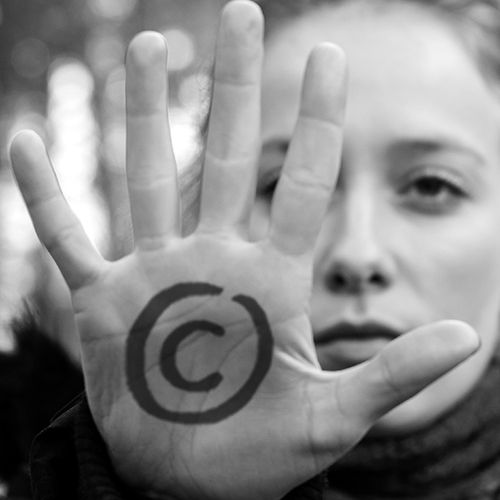Articles
Copyright v Trademark: Do You Know the Difference?

 In the world of Intellectual Property (IP) there are three main categories:
In the world of Intellectual Property (IP) there are three main categories:
- Patents
- Trademarks
- Copyright
These three categories are distinct in their own ways and work to protect their creator, inventor, or the company that made them or who they represent. All three (patents, trademarks, and copyrights) can be used together, but people largely tend to confuse the differences between Copyright and Trademark.
A trademark can be wording, phrasing, slogan symbols, graphics or designs that help identify a brand or set them apart from others. A logo is a great example of a trademark. Trademarks do not expire after a set number of years, therefore giving them the ability to last forever as long as they are being used. You are not required to register a trademark with the United State Patent Office but are encouraged to do so for added protection and benefit.
A copyright protects original creations that include literary works, performing arts, photographs, etc. and can be registered with the Copyright Office in the Library of Congress. Copyright protection is determined based on different factors such as when the content was created, was it created using a pseudonym or anonymously, or it was a work-for-hire. These protections can last from 50 years after the creator's death to 120 years after publication.
Similar to a trademark, a copyright does not need to be registered but is encouraged for added protection and higher statutory damages.
For more information and a more detailed breakdown of these three main categories of IP, visit the USPTO website.
